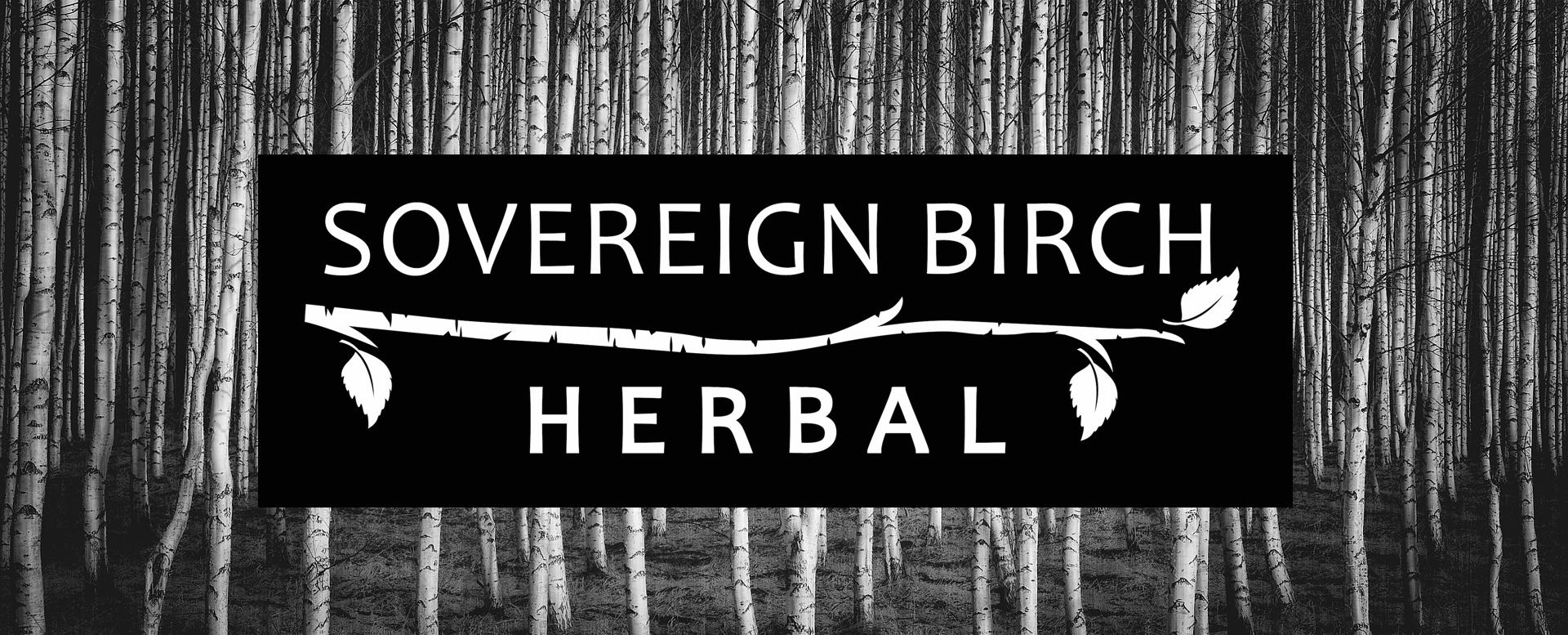Recently a friend mentioned that they were trying to work on bringing down their blood pressure, so I offered to talk with them about herbal approaches if they were interested. They thanked me but declined, saying that they think a lot of their blood pressure problems simply stemmed from bad genetics.
The implication being that if you’re genetically predisposed towards a medical condition, then there’s nothing to be done about it.

I encounter this idea a lot. Common variations include “it runs in the family”, “I’ll probably get X because my [mom/dad/parents/grandparents] have it”, etc. Setting aside the question of if it’s genetic from your family or learned from your family, for the purpose of this discussion, let’s say it’s genetic.
Why would that stop herbs from being helpful?
Even if a condition is incurable, even if you’ll require pharmaceutical medication for the rest of your life (like insulin-dependent type 1 diabetes), why would that prevent herbs from being beneficial?
Herbal approaches and habit changes are particularly well-suited to helping prevent issues you might be genetically predisposed to, and supporting you through short- and long-term symptom experience.
For instance, I have scoliosis. One of my legs is an inch shorter than the other, and my spine twists in directions it’s not supposed to. Short of undergoing surgery to bolt my spine to metal rods and force it to be straight (which wouldn’t change the length of my leg), there’s not a hell of a lot to be done.
Except there is.
I can work with Solomon’s seal to help lubricate and strengthen my joints and connective tissues, tightening what’s too loose and loosening what’s too tight. I can work with mullein root for similar reasons, especially as it has direct affinity with the spine. I can do planks and other weight-bearing exercises to strengthen the muscles in my core, so they can better withstand being pulled out their ideal alignment. I can listen to my body and determine what my limits are around how long I can sit or stand before I end up in pain. I can drink bone broth, rich in collagen and minerals to nourish my joints, connective tissues, and bones. And this is only a glimpse of things I can do.
All this for something modern medicine can’t really touch.
For my friend trying to work on high blood pressure, I’d suggest removing rancid seed oils like canola from their diet, and short, ten-minute walks after each meal. After confirming they aren’t taking any contraindicated pharmaceuticals, I’d blend a tea of hibiscus, hawthorn, linden, and rose (all herbs with affinity for the heart) with a pinch of nettles, a nourishing diuretic to help flush out any excess water contributing to heart strain. (Pharmaceuticals would complicate this, because we don’t want to stack herbs that help lower blood pressure with meds that do the same.)
At the end of the day, “it’s genetic” doesn’t mean that we’re powerless to affect change in our lives. We just might need to look at it from a different lens than we’ve been taught to use.
